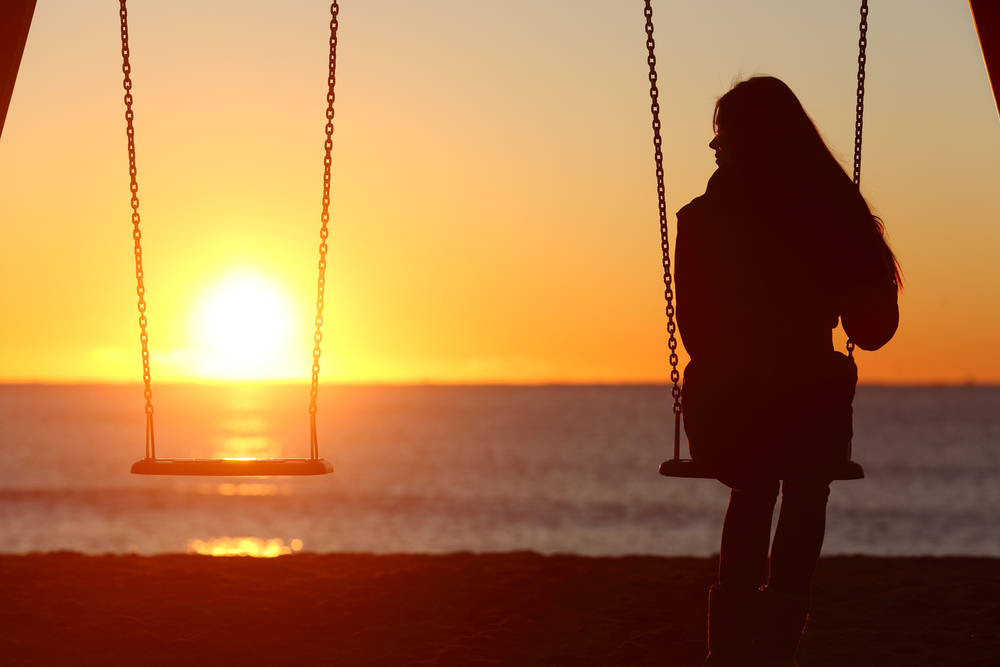Author’s note: This article discusses sexual assault and dating violence.
I think one of the scariest parts of my rape was telling people it had even happened. Sure, the huge violation of my trust and my body my rapist had committed was pretty traumatizing, but realizing the only way I could possibly begin to recover was by telling people what had happened incited a new level of fear in me. It had been hard enough to admit to myself that what had happened really was rape; there was a whole new level of difficulty in telling someone else.
Some people don’t tell others they were raped, at least not for a very, very long time afterwards. Some people, like me, hint at it, but can’t bring themselves to actually say the word “rape,” at least not for a while. I forget the first friend I told about my rape, but I know I told them in a very roundabout way: “He did…stuff…yeah, you know, that kind of stuff, to me when I didn’t want him to.” I don’t think my friend took me very seriously, and neither did the next friend I told, because she continued getting lunch and hanging out with my rapist. I can’t say I totally blame them, because it’s not like I was very clear about what happened. I didn’t say he raped me, because I didn’t even want to use that word when I was thinking about it to myself.
The next person I told was a boyfriend, who isn’t my boyfriend anymore but is still one of my best friends. We were driving home from the beach, and I had hinted at having some bad romantic relationships in the past. He started asking me why they were so bad, and I started telling him about my rapist (I was dating him when he raped me). That day was the first day I had ever described what had happened as “rape” out loud. The boy I told had the most supportive reaction out of anyone I’d told thus far. He hugged me, he listened to me, he allowed me to rant about what a terrible person my rapist is (he still does, when I’m feeling bitter!), and he thanked me for opening up to him about something that had left me so obviously shaken and depressed.
After that, the word “rape” became easier and easier to say when I said what had happened. When my friend, the same one I had once hinted at what had happened with, asked why I hated my rapist so much, I told her what happened, straight up. When I started panicking at a Halloween party because I heard he and his friend were invited, instead of crying in the bathroom alone, I tearfully told several more concerned friends, all of whom embraced me and made me feel safe and comfortable the whole night. Using the word “rape” out loud freed me. The supportive reactions I got from friends comforted me, and when more people opened up to me that they too had been raped, we were able to support each other and talk openly about what had happened. The conversations we had about our rapes weren’t all tears and misery. Sometimes they were angry and loud and bitter; sometimes they were morbidly funny and light.
That’s the weird thing about rape, or any other trauma really. Sometimes all you need is to grieve and be miserable, and sometimes you’re so sick of being sad you just need to vent and laugh with the people closest to you. I have been lucky enough to do all of these things, and I hope that if you have been raped, or have gone through any other trauma, you too can experience the satisfaction of feeling all these emotions with people who care about you.
Cover image courtesy of Shutterstock.




comments